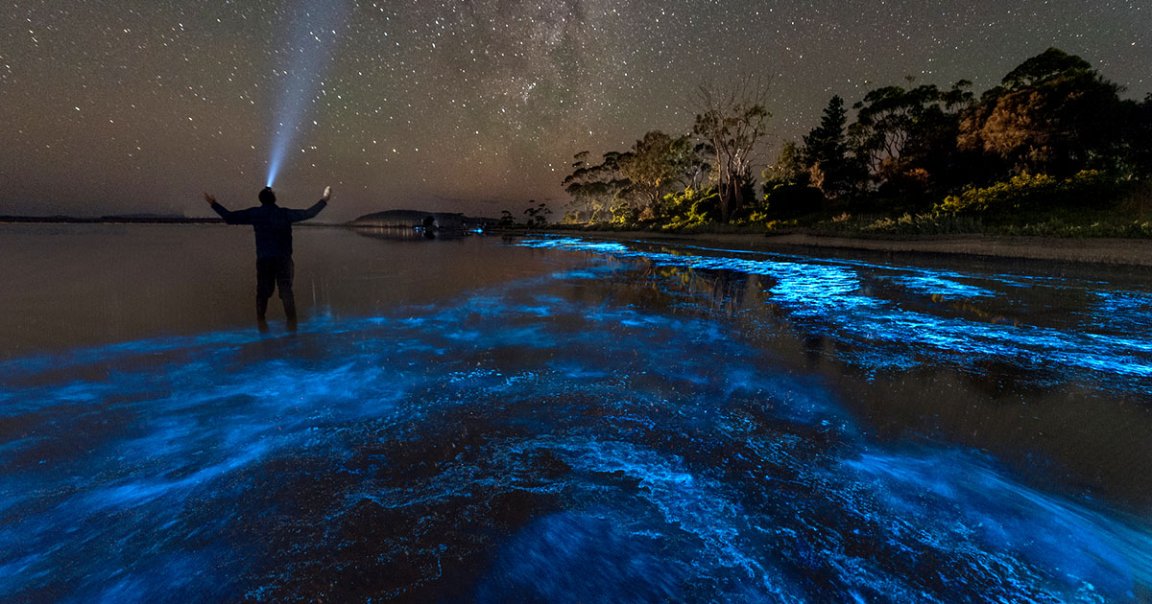
Bloomin Plankton
Scientists are unearthing a decades-old idea that just might make a dent in our fight against climate change, The Daily Beast reports: seeding the planet’s oceans with more phytoplankton, an organism that’s already responsible for producing 50 percent of the oxygen in our atmosphere from carbon dioxide and sunlight.
The idea is surprisingly simple. Since iron is a well-known way to get phytoplankton to bloom, scientists suggest we could slightly increase the presence of the metal by adding bits of iron to iron-deficient parts of the oceans. The more phytoplankton, the more carbon dioxide gets sucked up by our oceans — a seductively simple and inexpensive idea that could, potentially, make all the difference.
“Give me half a tanker of iron, and I’ll give you an ice age,” wrote oceanographer John Martin back in the 1980s, in a paper dug up by the Beast.
Green Oceans
The concept dates back several decades, when scientists were only beginning to understand the concept of climate change.
Now, some researchers are trying to revive the idea. In a 2021 report, a team of scientists evaluated a number of options to make use of the planet’s oceans to fight climate change — including increasing the levels of phytoplankton.
“We’ve got a big reservoir,” Ken Buesseler, a marine radiochemist at the Woods Hole Oceanographic Institution, who worked on the report, told the Beast. “It takes up a third of the greenhouse gasses already. The question that people are now asking more is what can we do to enhance that?”
“Let’s get out there,” he added. “Let’s do experiments.”
Pumping Iron
The iron technique also has the benefit of being pretty cheap. Iron ore could literally be dropped into the water from ships, resulting in blooms that are visible from space, according to experts who spoke with the Beast.
Best of all, the change would be apparent almost instantly, with phytoplankton blooming even in the first 24 hours.
The exact logistical cost and effort to pull such a scheme off remain hazy, and it’s unclear how much of the greenhouse effect a concerted effort would be able to ameliorate. But with climate change looming larger every year, it’s probably worth investigating further.
READ MORE: The Mad Plan to Save Earth by Flooding It With Phytoplankton [The Daily Beast]
More on plankton: Researchers Claim Collapsing Ocean Ecosystem Will Will Devastate Humanity Within 25 Years